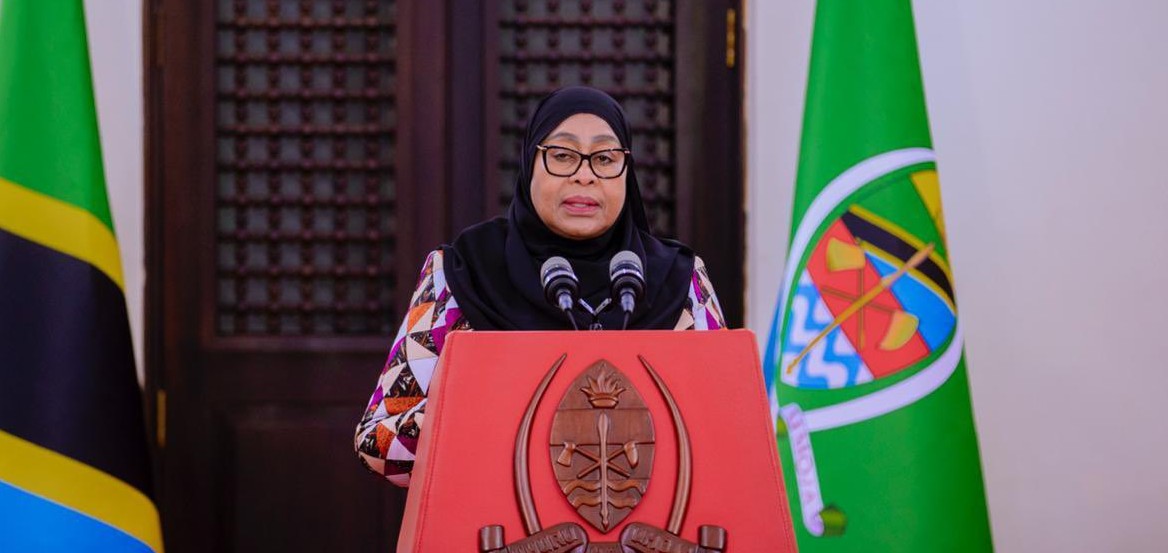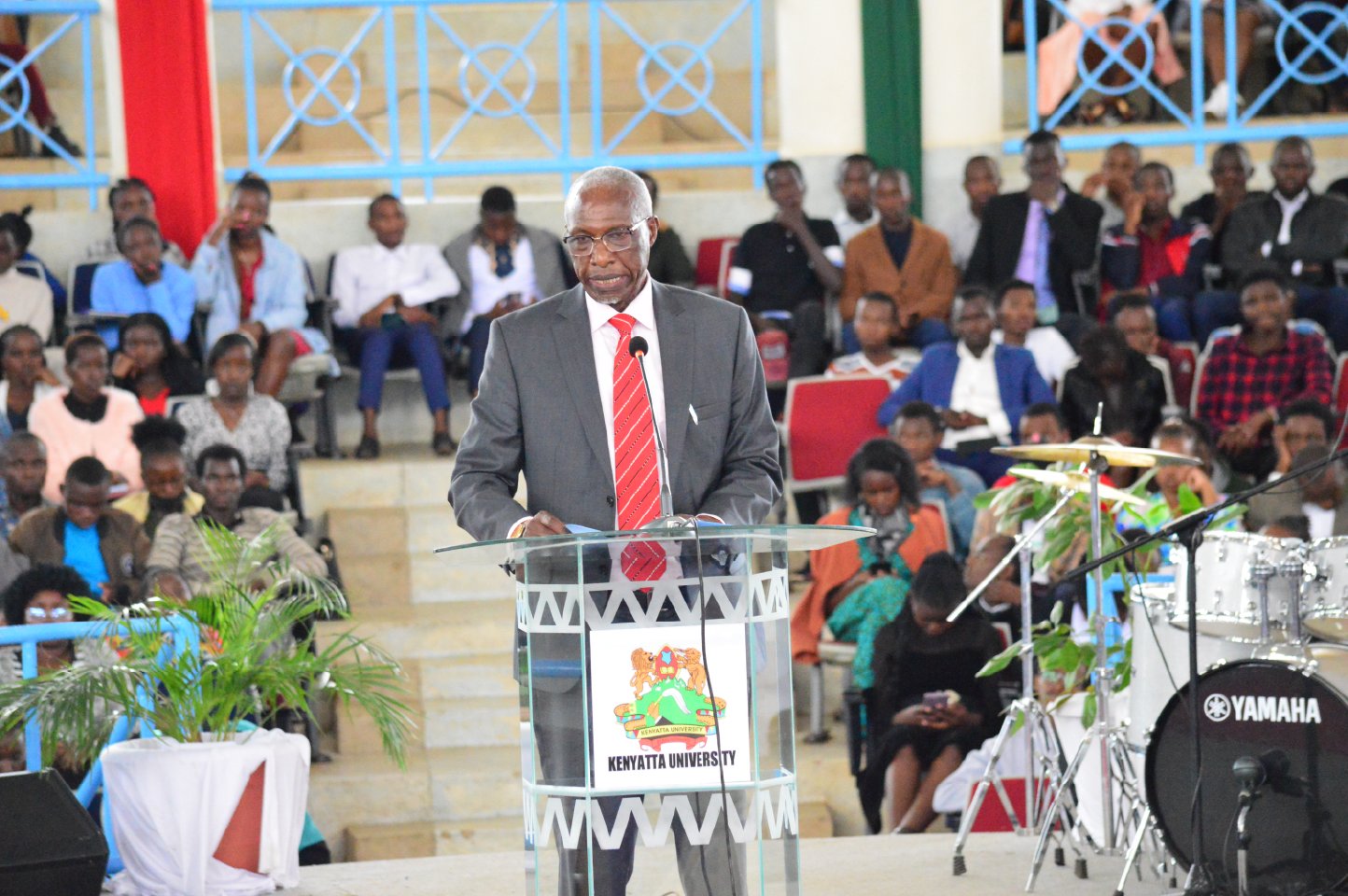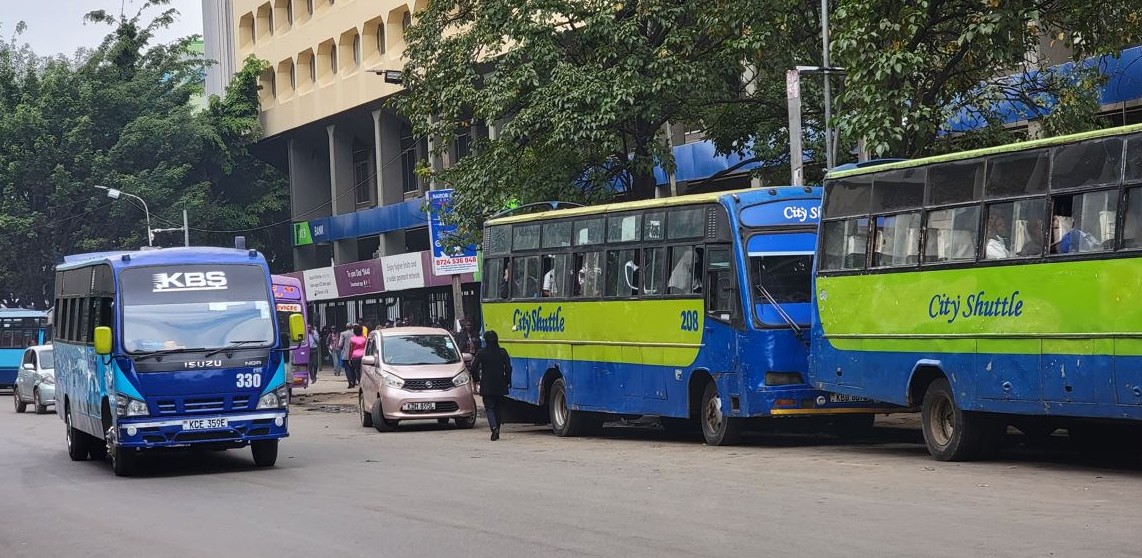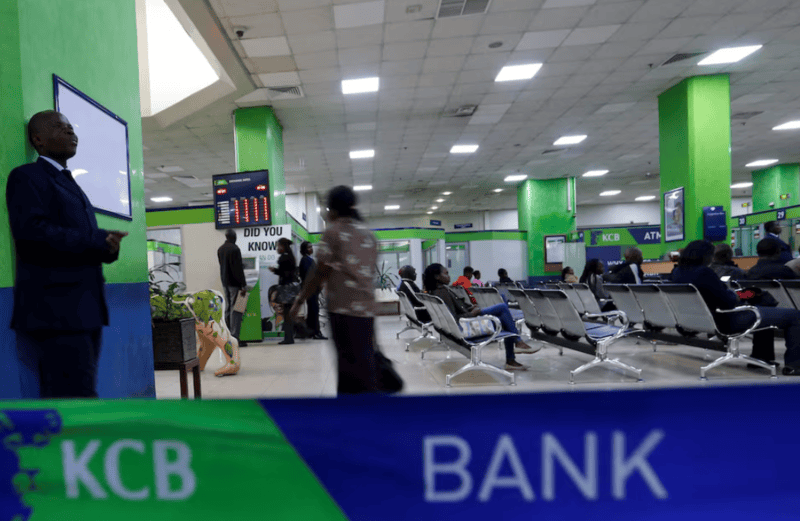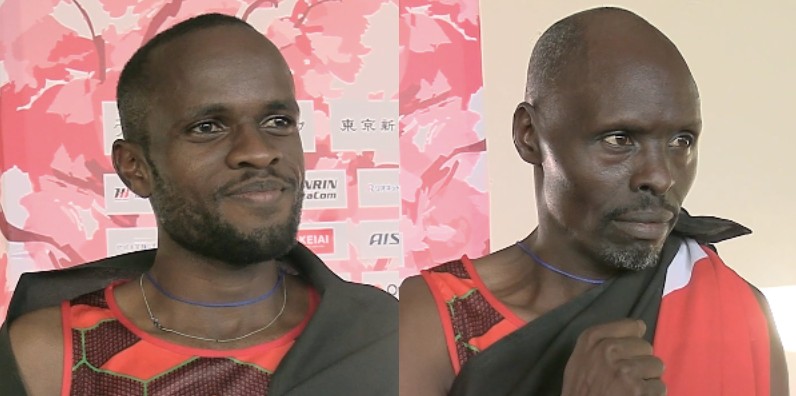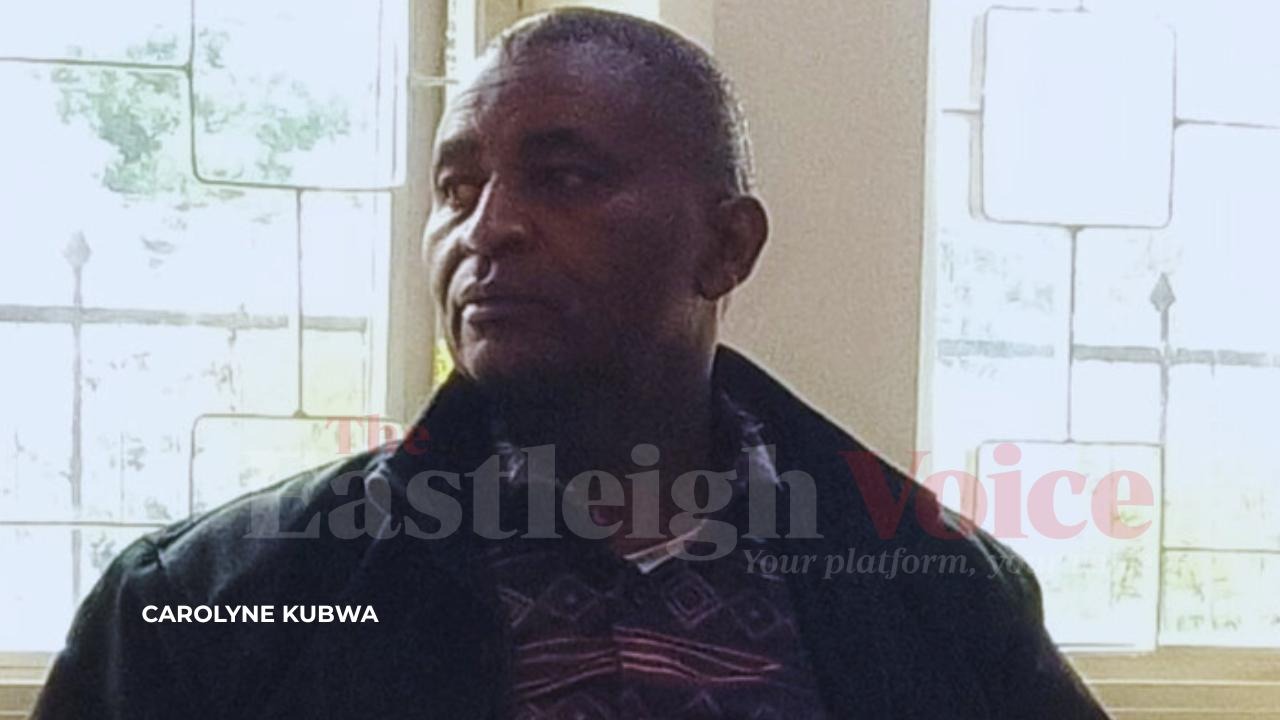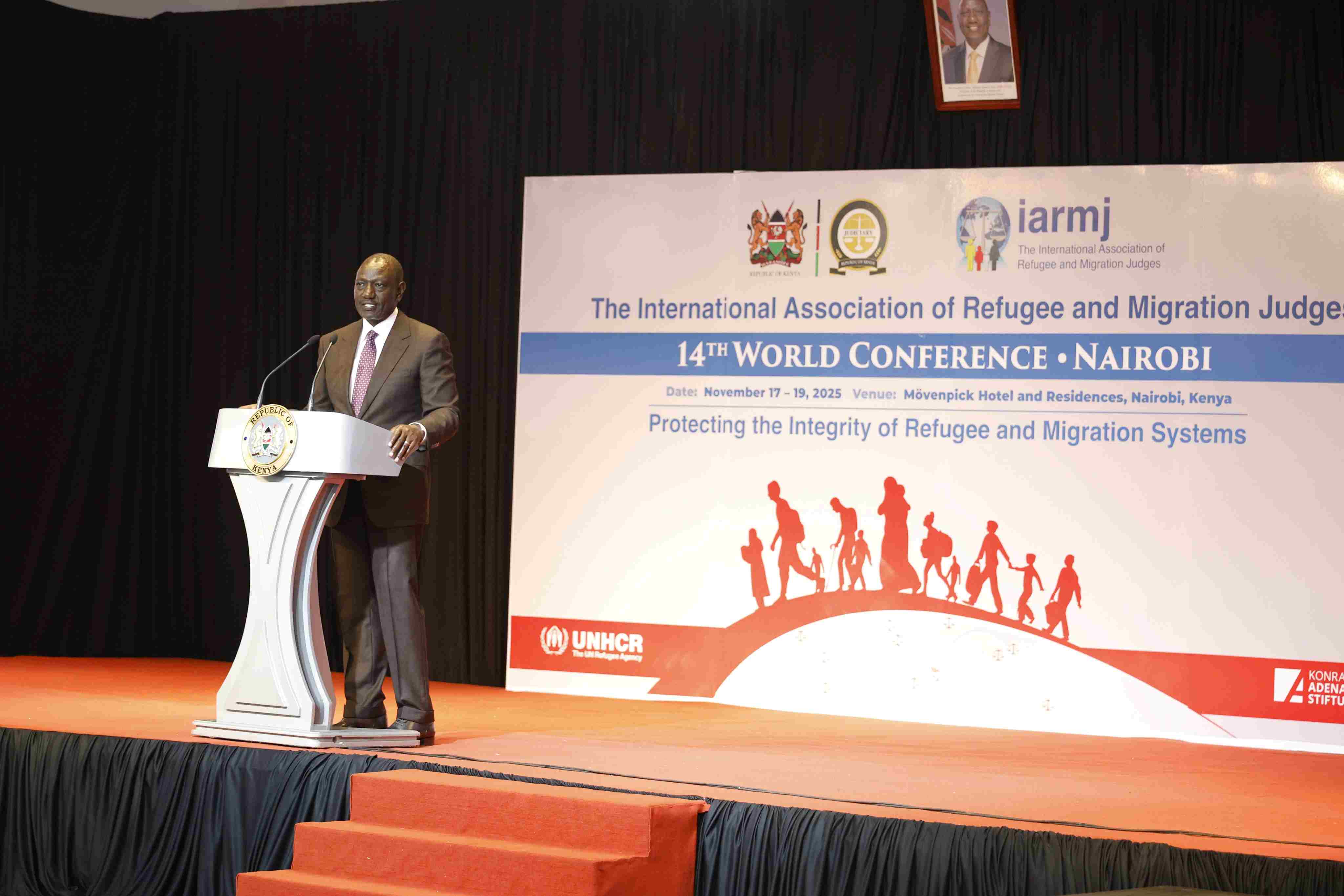Bangladesh court sentences ex-PM Sheikh Hasina to death in absentia for crimes against humanity

Hasina, who fled Bangladesh in August 2024, has been living in exile in India, which has declined requests to extradite her.
A Bangladesh court has sentenced former Prime Minister Sheikh Hasina to death in absentia, finding her guilty of crimes against humanity linked to the violent suppression of anti-government protests in July last year.
The ruling, issued on Monday by the International Crimes Tribunal in Dhaka, held Hasina responsible for inciting violence, issuing lethal orders, and failing to prevent widespread atrocities committed by government agents during the period.
More To Read
- Sudan crisis deepens as ICC warns El-Fasher atrocities may be war crimes
- 19 killed as Bangladeshi air force jet crashes into school building in Dhaka
- Leaked audio implicates former Bangladesh PM Hasina in deadly 2024 protest crackdown
- Bangladesh: Exiled ex-PM Sheikh Hasina on trial
- In world's largest refugee camps, Rohingya mobilise to fight in Myanmar
- Wounded and grieving, Rohingya flee deadly attacks in Myanmar
The protests, now referred to as the "July revolution," began as a student movement but quickly spread nationwide, challenging Hasina’s 15-year rule.
Her tenure had long been criticised for corruption, enforced disappearances, and human rights abuses, with reports from the United Nations (UN) and other organisations documenting widespread violations.
1,400 people killed
During the crackdown, security forces used live ammunition. The UN estimates that roughly 1,400 people were killed, making it the deadliest political violence in Bangladesh since its independence in 1971.
Following the protests, the interim government, led by Nobel Prize winner Muhammad Yunus, prioritised bringing Hasina to justice as a key promise.
"The accused prime minister committed crimes against humanity by her order to use drones, helicopters and lethal weapons," said Justice Golam Mortuza Mozumzer, as family members of protesters killed during the demonstrations celebrated the ruling in court.
Hasina, who pleaded not guilty to the politically motivated charges, was sentenced alongside former Home Minister Asaduzzaman Khan, who also received a death sentence in absentia. Former police chief Chowdhury Abdullah Al-Mamun was given a five-year sentence after turning state's witness.
Fled to India
Hasina, who fled Bangladesh in August 2024, has been living in exile in India, which has declined requests to extradite her.
Khan similarly fled to India after Hasina’s government fell.
Speaking from India after the verdict, Hasina said she was not given a proper chance to defend herself, noting that the verdict had been "made by a rigged tribunal established and presided over by an unelected government with no democratic mandate."
Bangladesh’s Foreign Ministry has since written to India, urging the Narendra Modi-led government to extradite the pair.
"It would be a grave, unfriendly act and a contempt of justice for any other country to grant asylum to these individuals convicted of crimes against humanity," the ministry said.
Top Stories Today
